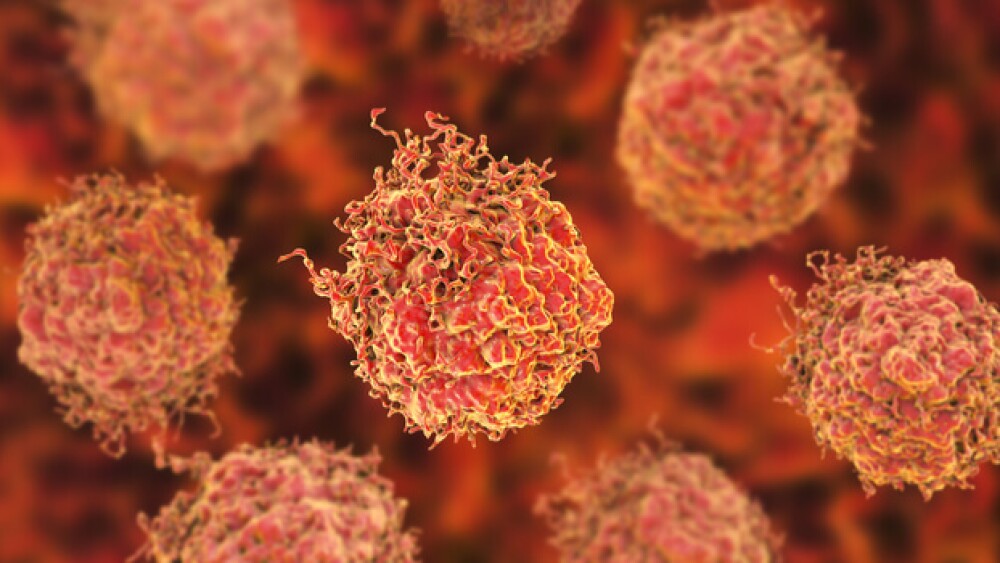The company indicated the initial data was promising, but the data for overall survival benefit and additional secondary endpoints were not yet mature and the trial will continue.
Genentech, a Roche company, reported that the Phase III IPATential150 trial of ipatasertib in combination with abiraterone and prednisone/prednisolone hit one of the co-primary endpoints and missed the other in metastatic castration-resistant prostate cancer (mCRPC) and whose tumors had PTEN loss.
The trial met radiographic progression-free survival (rPFS). The drug in combination with abiraterone and prednisone/prednisolone showed a statistically significant decrease in the risk of the disease getting worse or death compared to standard of care plus placebo. However, the second co-primary endpoint of rPFS in the overall study population was not met.
The company indicated the initial data was promising, but the data for overall survival benefit and additional secondary endpoints were not yet mature and the trial will continue.
“Prostate cancer remains a leading cause of death in men worldwide and patients with metastatic castration-resistant prostate cancer can be difficult to treat,” said Levi Garraway, chief medical officer and head of Global Product Development for Genentech. “The early results of the IPATential150 study are encouraging in our ongoing mission to develop new treatment options for people with advanced prostate cancer.”
Ipatasertib is an oral drug designed to target and bind to all three isoforms of AKT (protein kinase B), which blocks the PI3K/AKT signaling pathway. This pathway is a significant driver of tumor growth and proliferation in prostate cancer. The particular pathway has also been associated with resistance to anti-androgen therapy. Functional loss of the tumor suppressor protein PTEN within the tumor is observed in about 40% to 60% of mCRPC patients. This causes hyperactivation of the PI3K/AKT pathway and is linked with adverse outcomes.
The IPATential150 trial is a Phase III study that compared the drug in combination with abiraterone and prednisone/prednisolone versus a placebo with abiraterone and prednisone/prednisolone in adult males with asymptomatic or mildly symptomatic, previously untreated mCRPC.
PFS in the trial was defined as the time from date of randomization to the first occurrence of disease progression or death from any cause. Secondary endpoints include overall survival, safety, time to pain progression, time to initiation of cytotoxic chemotherapy and time to function deterioration.
Prostate cancer is one of the most common forms of cancer in men. According to the American Cancer Society, in the U.S., more than 190,000 men will be diagnosed with prostate cancer each year. mPC is when the disease has spread beyond the prostate. With localized disease, prostate cancer is often curable, but recurrent or newly diagnosed metastatic disease is linked with significant morbidity and mortality.
The cancer is driven by male sex hormones called androgens, including testosterone. The primary treatment for advanced prostate cancer includes androgen deprivation therapy (ADT) designed to decrease androgen levels in the body to almost castration levels. Most patients with mPC initially respond to ADT, but effective treatments are still needed when the cancer become resistant and the disease progresses to metastatic castration-resistant prostate cancer (mCRPC). mCRPC is very deadly, with a median life expectancy of less than three years.
Ipatasertib was discovered by Genentech in partnership with Array BioPharma. Array was acquired by Pfizer on July 30, 2019.





